Action Based Learning
Neuroscience strongly supports the link of movement to learning. Movement is the body’s way of balancing itself physically, chemically, electrically, and emotionally. Exercise brings the brain and body into balance creating a better learning state for the student.
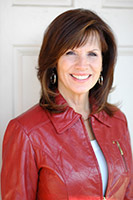
Jean Blaydes Moize is an internationally known educational consultant, speaker, and author on the subject of how brain research supports the link of movement to enhanced learning. A former PE teacher, Jean now travels the country helping schools add more movement into the day. She says exercise doesn’t make you smarter, but it does make it easier to learn.
“The research shows a healthy, active child makes a better learner, that a quality physical education class can actually prime and prepare the mind for learning and they’ll be more ready to learn and more productive,” says Jean. She suggests that the best time to give a test or introduce new material is right after a really good physical education class or recess.
Research also shows exercise can help kids with Attention Deficit Hyperactivity Disorder (ADHD) to learn better. "They want to move their large muscles all the time, but what do we do. We tell them to sit still and don't move." If kids with ADHD are allowed to move more in class, that movement stimulates the brain and provides for better learning.
Students engaged in Action Based Learning improve memory retention, reinforce academic concepts, and balance brain chemicals while experiencing whole-brain, whole-body learning. Along with encouraging movement for all ages, Jean and Cindy Hess, another PE teacher, developed the Action Based Learning Lab that links motor development with improved cognition for K-2. The Learning Lab is found in classrooms throughout the U.S. and Canada.
Move Theory
Move Theory is a consulting and training company based on Dr. Kwame M. Brown's idea that exploring movement in a playful manner is the way to create strong, healthy, happy young people. With a background in molecular biology and neuroscience and a passion for fitness, Dr. Brown has spent two decades researching and teaching about movement, especially concerning the importance of play in children's development.
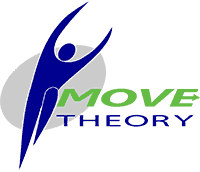
Believing that childhood obesity is a lack of connection with natural movement, Dr. Brown began developing physical play programs for summer camps and school summer programs for the Fairfax County Park Authority in Virginia. He formed Move Theory in 2008 to develop the infrastructure for children's physical development through movement and play. Part of that infrastructure became FUNction!, a game-based approach to acquiring physical skills with children during activities, capitalizing on “Coachable Moments” for skill or strategy instruction, and interfacing with the community to support active play.
Since 1999, Dr. Brown has played with thousands of kids through his group and individual programs. He has learned so much from them and seeks to share that with other adults, both professionals, and non-professionals. Through Move Theory and FUNction, he has been fortunate enough to travel all over North America helping to show other professionals and parents how to facilitate active play. He has also used this opportunity to share the evidence that play can improve cognitive, motor, social, and emotional development.
Dr. Brown consults with school administrators, PE teachers, recreational professionals, coaches, and facility owners to help them form effective programming that not only engages young people but helps adults learn to co-create with kids and teens in active play.
Autism Fitness
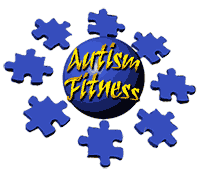
One of the first challenges we face in life is movement against gravity. This involves becoming aware of our bodies and our surroundings. Individuals on the autism spectrum often have movement deficits that are clearly evident, and many that are less than obvious. Fitness and well-designed exercise programs are gateways towards some of the most crucial developmental objectives for young individuals including self-esteem, self-efficacy, independence, and socialization. Fitness should ultimately result in developing an enjoyment of movement and a lifetime of healthy activity.
With a fitness background, Eric Chessen was asked to develop and implement fitness programs for teenagers on the autism spectrum, who also exhibited some gross motor challenges. While developing fitness programs for these students, Eric underwent intensive training in Applied Behavior Analysis (ABA). He integrated the teaching strategies from ABA with his working knowledge of exercise and steadily began developing his own model and methods for implementing successful fitness programs for children with autism. This resulted in founding Autism Fitness which is dedicated to not only providing fitness services to young individuals on the spectrum, but to educating other fitness trainers, PE, and APE coaches, parents, therapists, and other professionals on how to optimize development through exercise. With fitness as a cornerstone, optimal development is enabled.
At Autism Fitness, a comprehensive assessment, the PAC Profile, created by Eric is used to determine the physical, adaptive, and cognitive abilities of each athlete. This assessment is necessary in order to create a program that is appropriate for each individual. From there, appropriate exercises, fitness activities, and strategies for teaching can be implemented. Autism Fitness also offers consultations to professionals and parents who want to begin developing a fitness or PE program for those with ASD.

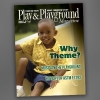

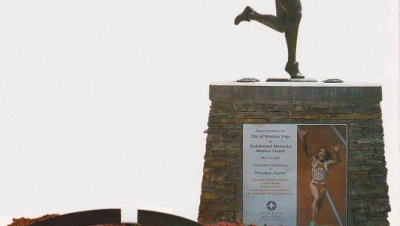
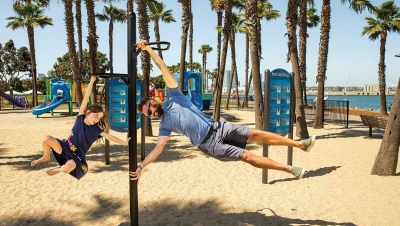
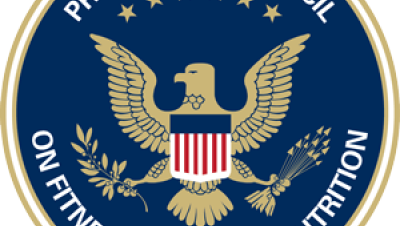
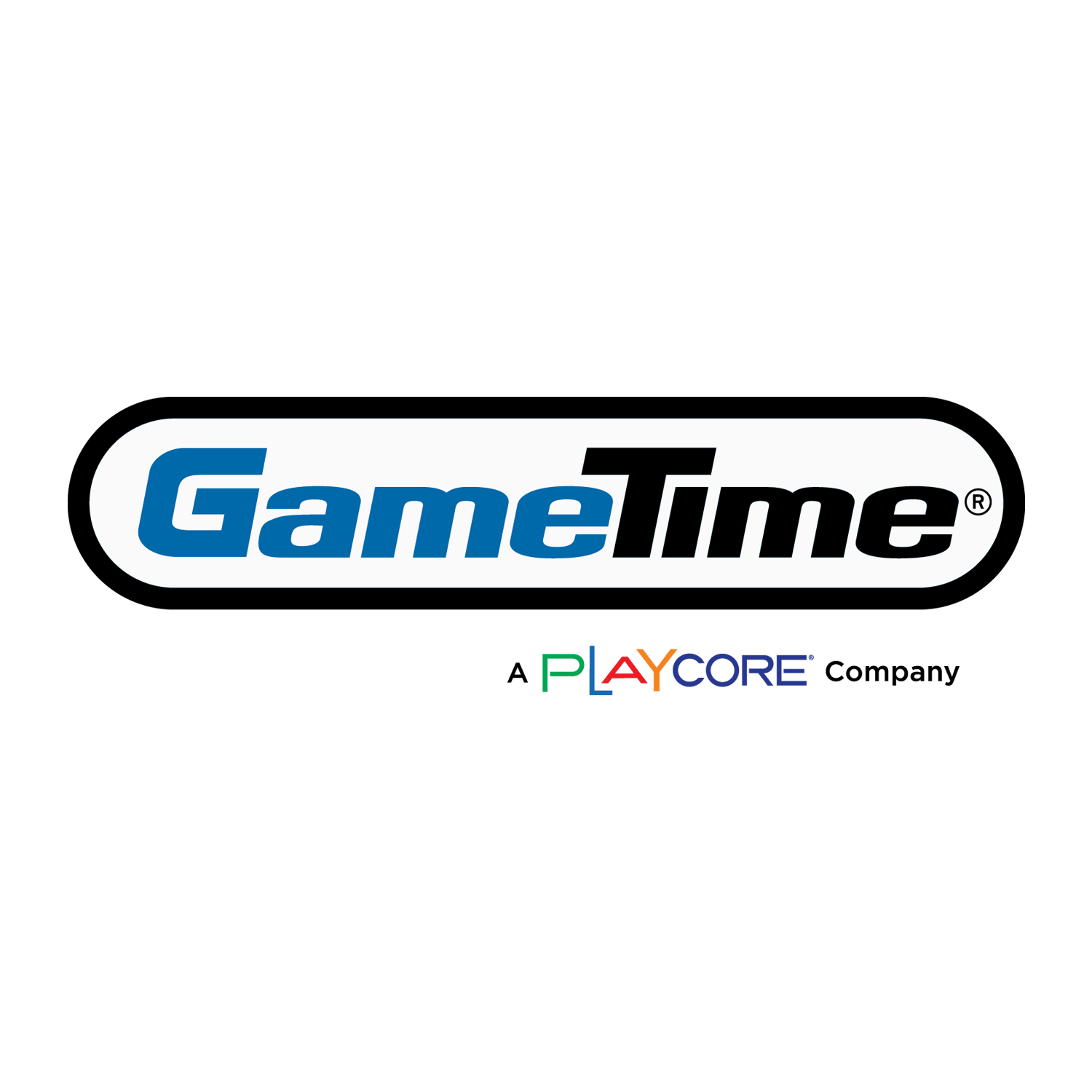
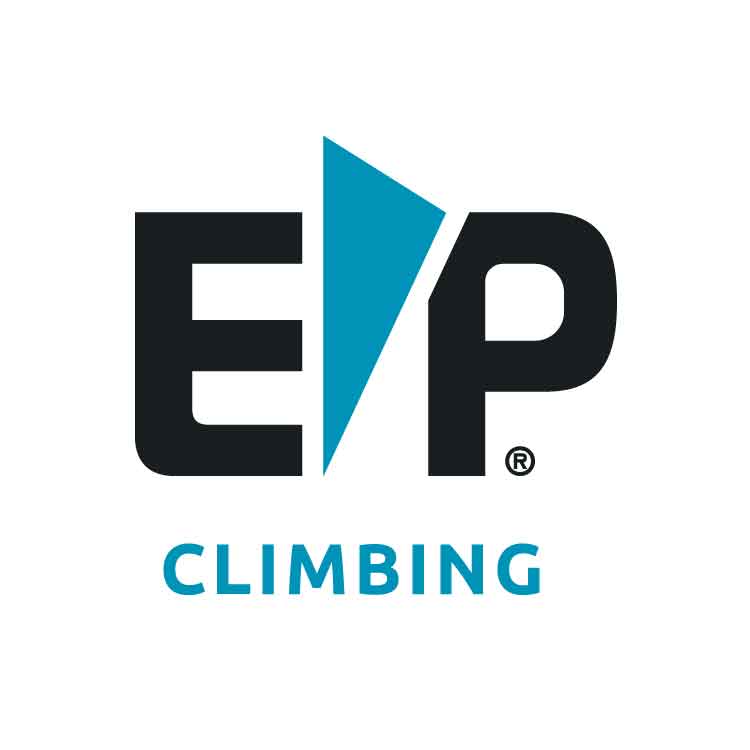

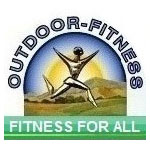
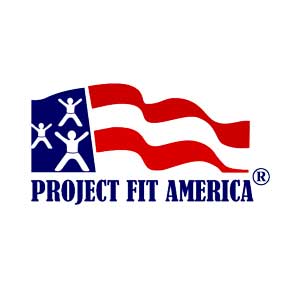
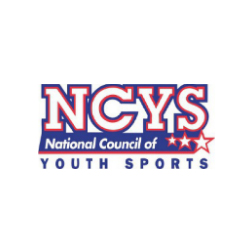

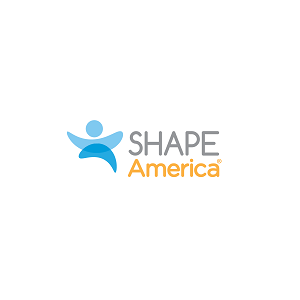
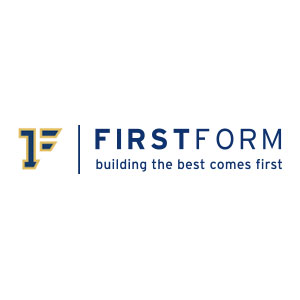
Add new comment